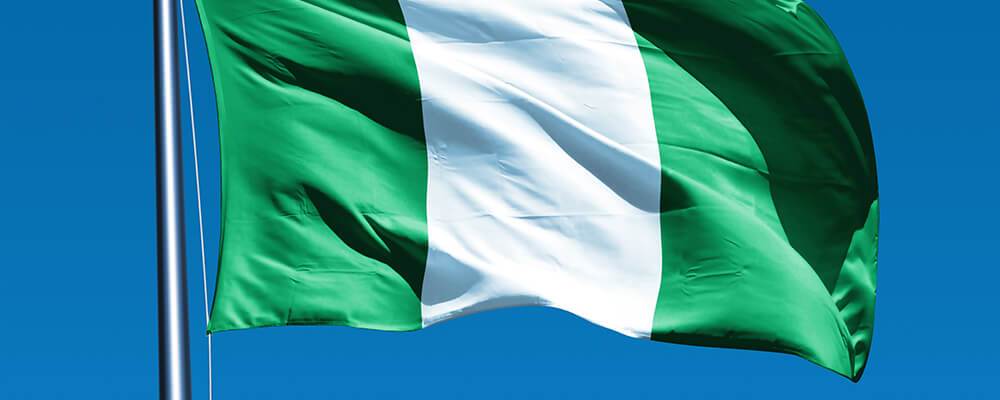For more information, see the dedicated page for the TPR of Nigeria on the WTO’s website:
https://www.wto.org/english/tratop_e/tpr_e/tp456_e.htm
Below is the Norwegian statement as delivered by the Ambassador, Permanent Representative to the WTO and EFTA Harald Neple on 13 May.
Norway and Nigeria have long-standing trade-relations. Export of Norwegian seafood to Nigeria can be traced all the way back to 1890.
Norway attaches priority to trade with Nigeria. We expect Norwegian businesses to continue to be active in Nigeria’s oil and gas sector, and note as others, concern about local content requiremenst in the oil and gas sectors. The fish trade will also continue to be very important. There is potential for significant growth in our bilateral trading relationship.
We applaud Nigeria’s ratification of the Trade Facilitation Agreement. Implementation of the agreement will contribute to reducing the cost of doing business in Nigeria, and thereby to increased trade and prosperity.
However, according to the World Bank's Doing Business Report, the cost of doing business is higher in Nigeria than the average cost across Sub-Saharan Africa. This is unfortunate.
Corruption remains a major problem. Norway strongly supports Nigeria’s efforts to fight corruption, including through the Economic and Financial Crimes Commission.
In many parts of the country, there are also significant security concerns that need to be addressed.
We acknowledge the challenges the Nigerian economy has experienced as a consequence of the drop in oil prices. This has led to a fall in GDP growth, exports and government revenue.
The situation underlines the importance of - and the need to - diversify the economy, as highlighted by ambassador Osakwe. A major tool for achieving much needed development and diversity is a well-functioning trade system. Nigeria will benefit from further opening of its trading environment.
We hope that Nigeria will ensure the enduring elimination of harmful fossil fuel subsidies, also against future oil price hikes, while providing access to basic energy services for those in need.
As mentioned, Nigeria is an important market for Norwegian seafood, in particular for stock fish, stock fish-heads and pelagic fish, such as frozen mackerel.Norwegian seafood represents an important source of protein for many Nigerians.
However, during the past years, imports of Norwegian seafood to Nigeria have been significantly reduced, due to a number of obstacles and uncertainty regarding trade conditions.
The decline in trade has been in large part due to the currency restrictions that were implemented in around 2 years ago. The issue of currency restrictions has since 2015 been duly addressed by Norway and several other members, both in various committees here at the WTO, as well as on other occasions, and here today.
A number of other issues related to the import regime for fish and fish products have presented challenges and have contributed to a negative impact on fish trade. This primarily relates to customs valuation issues, various forms of import licensing and rumours of import quotas.
In addition, there seems to be a general lack of transparency about existing trade rules and possible plans to amend these. This has contributed to an uncertain regime, and to some questions about compatibility with Nigeria’s WTO-obligations.
The importance of Norwegian-Nigerian trade relations in the fisheries sector was underlined by the visit of our state secretary for fisheries earlier this spring – when a number of positive meetings were held that seemed to address important trade concerns in the area of seafood. We look forward to further progress and cooperation on these issues.
Norway invites Nigeria to inform the WTO-membership of any plans to replace the current currency restrictions. We are also interested in further information regarding recent developments in the customs regime, and general rules for trade in seafood.
Nigeria’s mission in Geneva continues to play an active role in the WTO. We look forward to continue working with Nigeria to further strengthening the multilateral trading system, which is a central prerequisite for global economic growth and sustainable development. The benefits to us all of such a system cannot be overstated.
